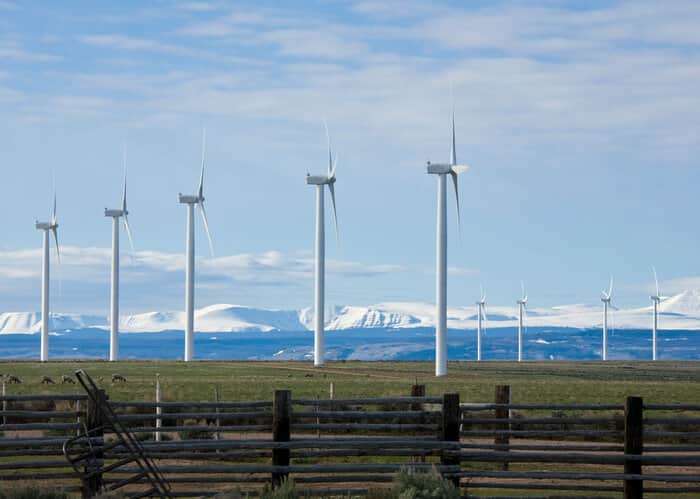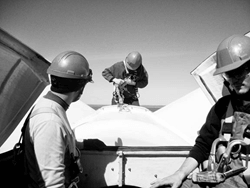Pennsylvania State University has won the first-ever U.S. Department of Energy (DOE) Collegiate Wind Competition.
The inaugural competition challenged undergraduate students from multiple disciplines to design and build a lightweight, transportable wind turbine with the ability to power small electronic devices. Teams also presented a detailed business plan and demonstrated their knowledge of key market drivers and deployment opportunities. The event took place alongside the American Wind Energy Association's (AWEA) WINDPOWER 2014 Conference and Exhibition, held in Las Vegas May 5-8.
Blattner Energy, a power generation contractor and provider of renewable energy construction in North America, was a supporter of the competition and congratulates the teams for their work.
"The Collegiate Wind Competition allowed us to support the next wave of wind industry professionals who represent some of the brightest minds, freshest ideas and most creative approaches to solving our industry's challenges," says Scott Blattner, president of Blattner Energy.
"The involvement of companies such as Blattner Energy is critical for preparing student competitors for real-world challenges as they enter the workforce," adds Tom Kiernan, CEO of the AWEA. "We need strong relationships between the private sector, higher education and industry associations in order to ensure that the U.S. wind market – one of the fastest-growing in the world – succeeds, and that the best and the brightest know they have a career path in wind energy."
In addition to winning the competition, Penn State's technology will be on temporary display at the DOE headquarters building in Washington, D.C. The team's Remote Wind Power Systems Unit is a small-scale wind turbine that can be easily deployed to provide power in emergency and/or remote power situations.
Other schools competing at the event were Boise State University, California Maritime Academy, Colorado School of Mines, James Madison University, Kansas State University, Northern Arizona University, University of Alaska Fairbanks, University of Kansas and the University of Massachusetts Lowell.



